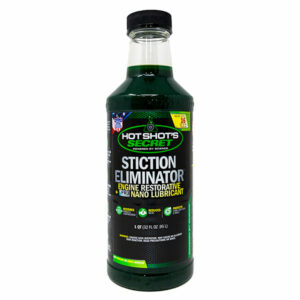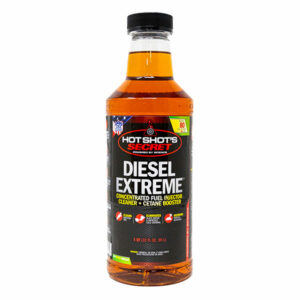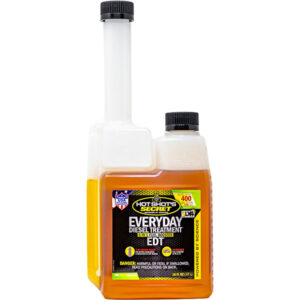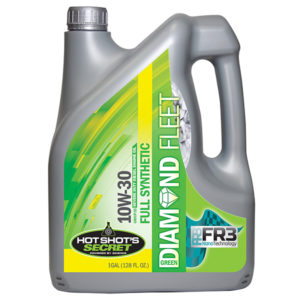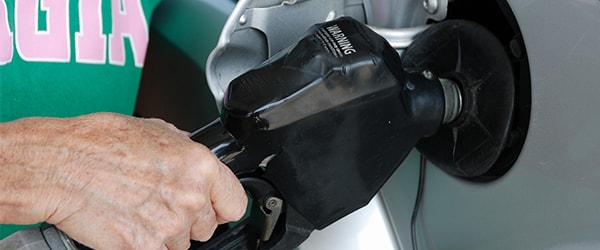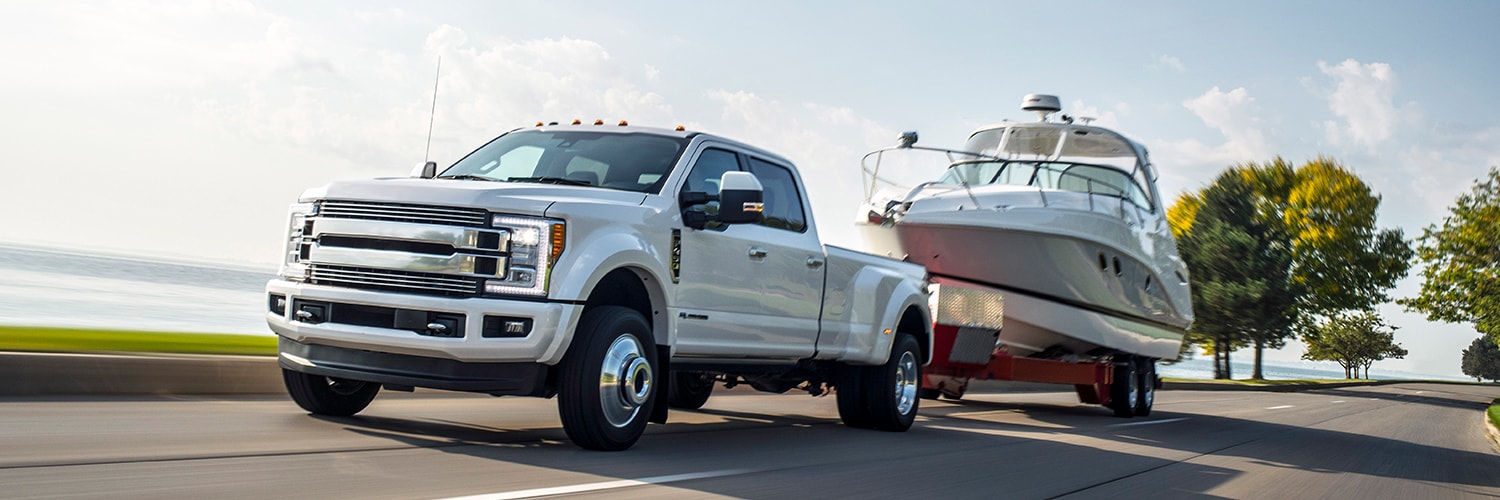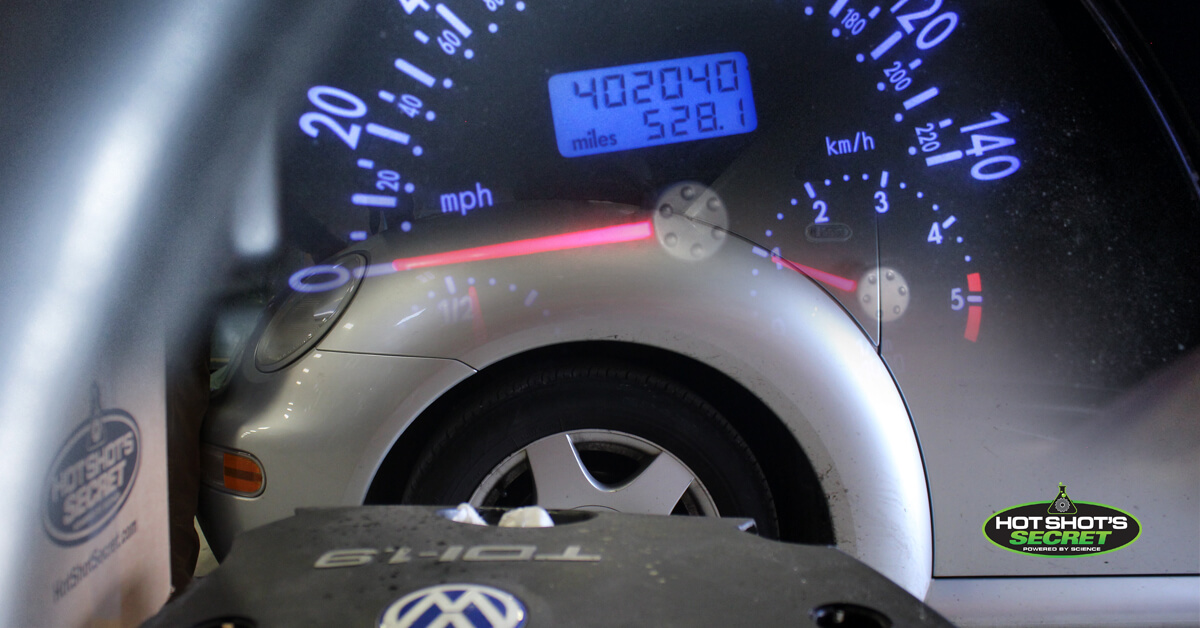
3 Reasons Diesel Engines Last Longer Than Gas Engines
20 years ago, a gas engine would be considered at the end of its life at around 100,000 miles, but engines today are consistently making another trip around the odometer. But where gasoline engines are reaching 200,000 plus miles, diesel engines lifespans now often run well into the 500,000-mile ranges and beyond. Here are three reasons diesel engines last longer than their gasoline counterparts:
1. THE DESIGN OF A DIESEL ENGINE
We’ve lived long enough to know that bigger isn’t always better. However, in the case of diesel engines, this is exactly why they last longer than their petrol counterparts. Diesel engines have higher compression ratios and have higher cylinder pressures than gasoline engines. Diesel engines are built with these considerations in mind. They have a larger crankshaft and camshaft, which requires larger bearings and sturdier main and rod bolts. Larger crankshafts and camshafts also mean increased clearance which allows for better oil flow. Better engine lubrication equals less engine wear on the engine which helps improve the longevity of the engine.
There are other key design differences of the diesel engine that contribute to its longevity, they include:
- Gear-driven design – The gear-driven design of most diesel engines means you won’t have to worry about timing belt failures. This also helps save money on expensive maintenance since there is no need to replace the timing belt either.
- Piston cooling jet – In Diesel Engines, piston cooling jets spray engine oil on the bottom of your pistons. This engine oil spray helps prevent premature wear by keeping pistons properly lubricated which reduces friction and keeping the pistons cool.
- No Spark Plugs – Diesel engines compression motors deliver a slower burn of fuel. This slower burn creates less stress and more torque which is inherent to diesel engine efficiency.
2. Diesel Fuel
Another reason diesel engines last longer than gas engines is due to the fuel that they burn. Diesel fuel is a type of distillate fuel that is essentially produced from crude oil, which gives diesel engines slower cylinder wear than gasoline engines. This gives diesel fuel lubrication properties that extend the overall lifespan of the engine. On the contrary, gasoline is primarily made of aromatic hydrocarbons that act similar to solvents which are harsh and corrosive. This lack of lubricity causes excess wear on the components of your engine. Diesel engines also have lower exhaust gas temperatures (EGT’s) which also helps improve their longevity. Although diesel fuels have more British thermal units (BTU’s), 139,000 versus 115,000 BTU’s for gasoline, the laws of thermodynamics indicate that the expansion rate of higher compression ratio diesel engines actually cools the exhaust gases faster. Coupled with the lower auto-ignition temperature of about 410°F for diesel fuel compared to the 495°F of gasoline, the initial flame front is cooler. Diesel engines also run at a much leaner air to fuel ratio which can be anywhere from 25:1– 70:1 as opposed to 12:1 – 16:1 for gasoline. The leaner air to fuel ratio helps cool the EGT’s. Gasoline also burns much quicker than diesel fuel. Less shock to the rotating assembly occurs because of the slower laminar speed of the flame during combustion in diesel engines which aids further in their durability.
3. Lower RPMs
The third key to diesel longevity is operating efficiency. Diesel engines run at lower revolutions per minute (RPMs) and achieve higher levels of torque relative to a gas engine. Being able to operate at lower revolutions to achieve the same power means less wear on your pistons, rings, cylinder walls, bearings, valves, and guides which aids in lengthening the life of your engine. Diesel engines are typically left running when not in operation for short periods in time. Since a large percentage of wear occurs at startup, the constant cycling of turning the engine on and off saves in wear over that of a gasoline engine. It also reduces the heat cycles and keeps operating temperatures constant.
Expert Spotlight:
Here is what Stephen Peters of PSP Diesel in South Houston, TX, known for their 6.0L Ford Powerstroke builds, has to say about why diesel engines last longer:
“Diesel owners are typically using their engines for much more intended purposes. This is typically to provide maximum torque and to run for longer durations in the day as opposed to the typical start/stop patterns of the gasoline engine. They are not subjected to quick starts and stops. Starting the engine is one of the most abrasive acts on the motor. While idling your motor is not ideal for its longevity, that is what most of these trucks are going through. Being started at the beginning of the day and turned off at the end, they run long hours and are worked very hard, but that is their purpose.”
Peters adds, “Diesel engines are just built tougher. The blocks are bigger, the walls are thicker, and the pistons are larger, for example. And with the added bulk even, let alone the precision in tolerances in the rings to prevent blow-by, the design originates with lubrication in mind, aiding in the reduction of friction and damage to the rubbing parts.”
DIESEL ENGINE MAINTENANCE IS IMPERATIVE TO ENGINE LIFE
While diesel engines were built to last, like all valuable things you will want to take care of your investment with regular maintenance.
Diesel owners can take simple but effective preventive measures, with the use of fuel and oil additives for their oil and fuel mixtures. With lubricity being a high standard in diesel operation, additives help balance out the fuel mixtures providing more lubricity in the ultra-low sulfur fuel. Motor oils designed to the higher demands of the diesel workhorse last longer and have less viscosity breakdown as well as enhanced heat transfer. High-quality engine coolant helps keep the overall operating temperatures lower to reduce added friction from heat expansion. Hot Shot’s Secret additives and coolants were specifically designed for the heavy-duty rigors of diesel engines in mind.
With the simple additions of the correct engine and transmission fluids, you can be sure your diesel engine will be around for the long haul.
Testimonial:
“Hot Shot’s Secret makes some amazing products, and we have been using them for years.
We are known for our 6.0L Ford Powerstroke builds and with the high-pressure oil systems, those injectors are really reliant on good oil quality. If not, over time, injectors build-up debris, and I can give a laundry list of times that customers have come in the shop and their injectors are pretty much on their way out. We hand them a 2qt bottle of Hot Shot’s Secret Stiction Eliminator and we don’t hear from them for another year regarding their injectors. Our customers come back stating ‘this stuff worked great and my injectors lasted another year longer!’ “
Stephen Peters
PSP Diesel
South Houston, TX

